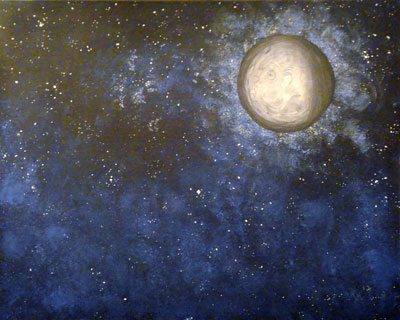All Nonfiction
- Bullying
- Books
- Academic
- Author Interviews
- Celebrity interviews
- College Articles
- College Essays
- Educator of the Year
- Heroes
- Interviews
- Memoir
- Personal Experience
- Sports
- Travel & Culture
All Opinions
- Bullying
- Current Events / Politics
- Discrimination
- Drugs / Alcohol / Smoking
- Entertainment / Celebrities
- Environment
- Love / Relationships
- Movies / Music / TV
- Pop Culture / Trends
- School / College
- Social Issues / Civics
- Spirituality / Religion
- Sports / Hobbies
All Hot Topics
- Bullying
- Community Service
- Environment
- Health
- Letters to the Editor
- Pride & Prejudice
- What Matters
- Back
Summer Guide
- Program Links
- Program Reviews
- Back
College Guide
- College Links
- College Reviews
- College Essays
- College Articles
- Back
The Woman Behind the Stars
You have probably heard of Galileo, he’s the man who found Jupiter on his telescope and defended the Copernican heliocentric theory in front of the Catholic Church. You have probably have heard of Albert Einstein, he’s the man with the crazy hair who came up with the Theory of Relativity. But, you have probably never heard of Cecilia Payne, she’s the woman who is responsible for one of the fundamental truths about stars. When she was a PhD student at Harvard in 1925, she discovered that stars were made up of hydrogen and helium rather than metals (the contemporary opinion of the time). She wrote one of the most thought-provoking PhD thesis (“Stellar Atmospheres”) ever, but also became the second woman to study Astronomy at Harvard, and was the first recipient of a PhD in astronomy at Harvard, and became the first woman to be promoted to full emeritus professor at Harvard, and became the first woman to head a department at Harvard (she headed the Department of Astronomy). If Cecilia Payne had achieved so many astounding feats for a woman of her time, then why is she missing from major science textbooks? Why is it that the only biography about her life that you can find is an obscure children’s book? Why is it that she’s only featured on one episode of Cosmos: The Space Odyssey for 20 minutes? What does this tell us about how we as a society treat and honor our female scientists? Why is that our teachers spend extensive class periods talking about Aristotle, but only spend talking about female scientists like Cecilia Payne, Marie Curie, and Rosalind Franklin five minutes before the end of class? How is our collective ignorance to focus on the legacy of these women affect our young girls? What kind of values are we instilling in them? Are they just pretty faces that amount to nothing in our society? Or, are they independent, intelligent, and inquisitive women who innovate and lead us into the light? What do we want our girls to think of their predecessors and themselves?

Similar Articles
JOIN THE DISCUSSION
This article has 0 comments.

This piece was inspired by my fascination with Cecilia Payne after hearing about her on Cosmos .